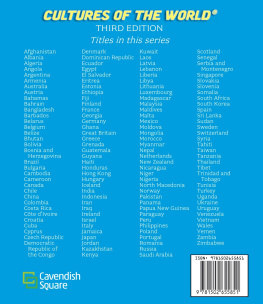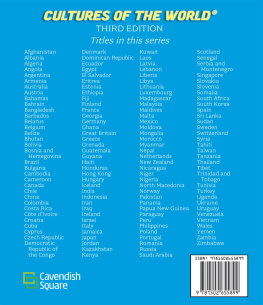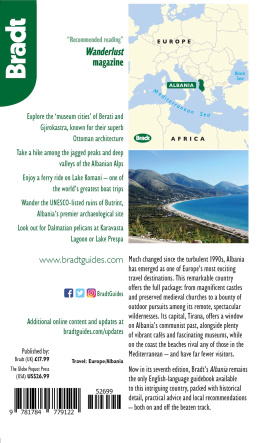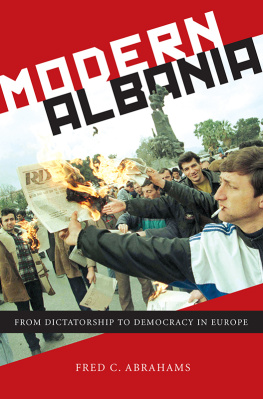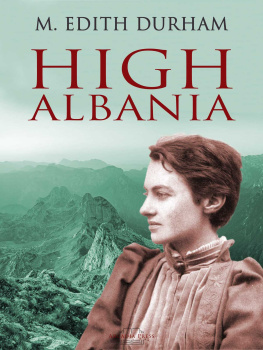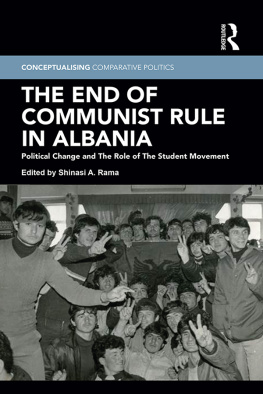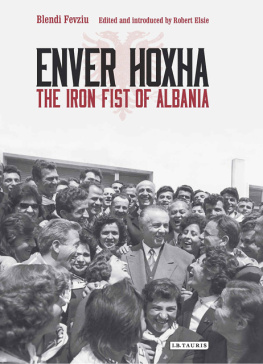
Published in 2021 by Cavendish Square Publishing, LLC
243 5th Avenue, Suite 136, New York, NY 10016
Copyright 2021 by Cavendish Square Publishing, LLC
Third Edition
No part of this publication may be reproduced, stored in a retrieval system, or transmitted in any form or by any meanselectronic, mechanical, photocopying, recording, or otherwisewithout the prior permission of the copyright owner. Request for permission should be addressed to Permissions, Cavendish Square Publishing, 243 5th Avenue, Suite 136, New York, NY 10016. Tel (877) 980-4450; fax (877) 980-4454.
Website: cavendishsq.com
This publication represents the opinions and views of the author based on his or her personal experience, knowledge, and research. The information in this book serves as a general guide only. The author and publisher have used their best efforts in preparing this book and disclaim liability rising directly or indirectly from the use and application of this book.
All websites were available and accurate when this book was sent to press.
Library of Congress Cataloging-in-Publication Data
Names: Knowlton, MaryLee, 1946- author. | Nevins, Debbie, author.
Title: Albania / MaryLee Knowlton, Debbie Nevins.
Description: Third edition. | New York, NY: Cavendish Square Publishing,
2021. | Series: Cultures of the world | Includes bibliographical
references and index.
Identifiers: LCCN 2020007822 (print) | LCCN 2020007823 (ebook) | ISBN
9781502655851 (library binding) | ISBN 9781502655868 (ebook)
Subjects: LCSH: Albania--Juvenile literature.
Classification: LCC DR910 .K6 2021 (print) | LCC DR910 (ebook) | DDC
949.65--dc23
LC record available at https://lccn.loc.gov/2020007822
LC ebook record available at https://lccn.loc.gov/2020007823
Editor, third edition: Debbie Nevins
Designer, third edition: Jessica Nevins
The photographs in this book are used by permission and through the courtesy of: Cover Marco Alhelm/.
Some of the images in this book illustrate individuals who are models. The depictions do not imply actual situations or events.
CPSIA compliance information: Batch #CS20CSQ: For further information contact Cavendish Square Publishing LLC, New York, New York, at 1-877-980-4450.
Printed in the United States of America


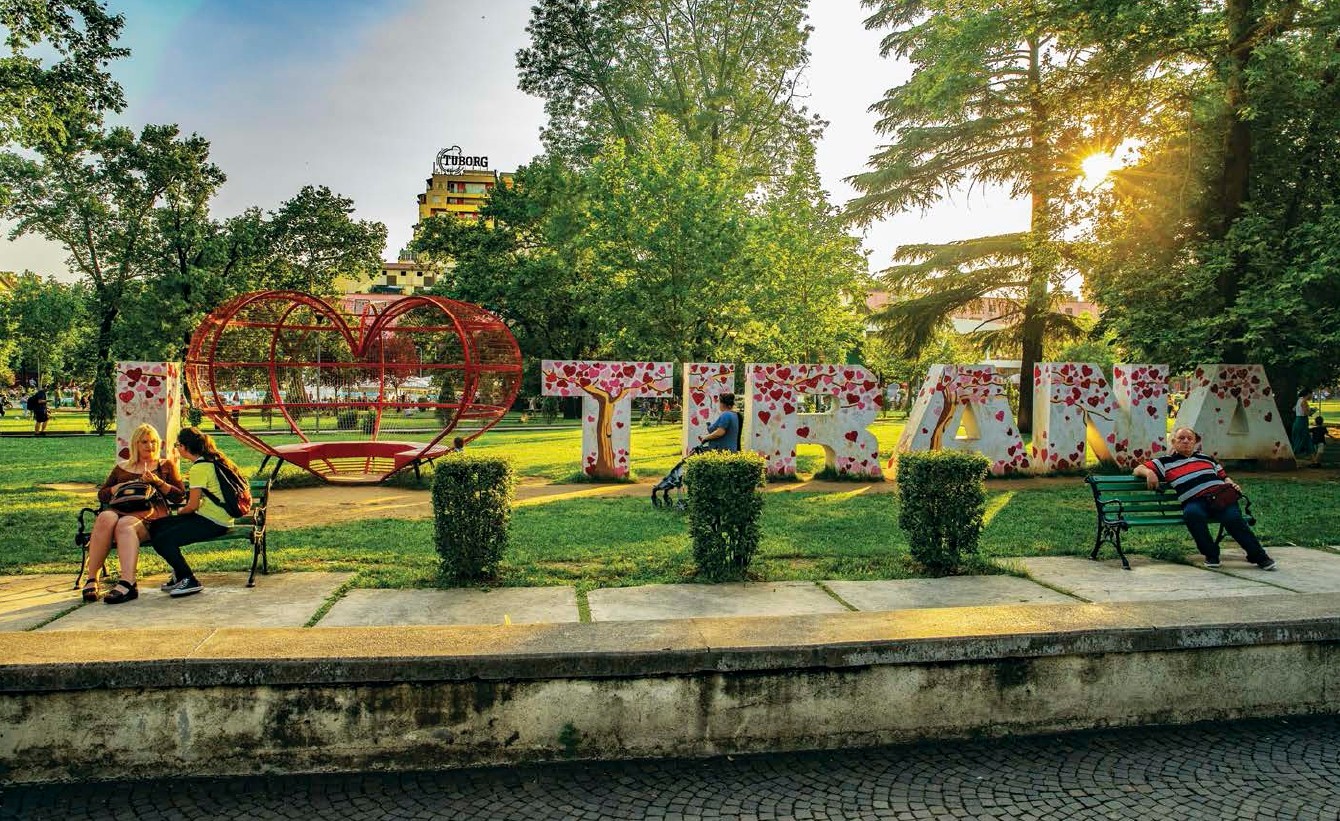
A LBANIA TODAY IS AT A CROSSROADS. ITS AN EMERGING democracy struggling to adjust to a world it was shut off from for nearly 50 years. During that time, from about 1944 to 1992, Albania was like the North Korea of Europea closed, communist, hermit nation under the complete control of one cruel, self-obsessed leader. Cut off from the capitalist West as well as from the communist East, Albania became one of the poorest and most isolated countries in Europe. Albania is now trying to put that past behind it and take its place as a modern European country, but as it strives, powerful forces are pulling it in other directions.
Where is Albania? Many people in the West might find it difficult to place among the better-known nations of Europe. When the country was closed off for all those years, it was, perhaps, easy for the outside world to forget it even existed. Its neighbors were making far more noiseand newsin those years, and indeed, right up through the end of the 20th century.
Also, Albania is rather small for a country, at least compared to the likes of France or Germany. In area, its slightly larger than Massachusetts and just a bit smaller than Maryland. Its located in south-central Europe in a region often called the Balkans. From Italy, Albania is just a hop over the Adriatic Sea. It has a 225-mile (362-kilometer) coastline on that same body of water. To its south lies Greece, and its other neighbors in the Balkan region are some of the nations that comprised the communist country of Yugoslavia for much of the 20th century.
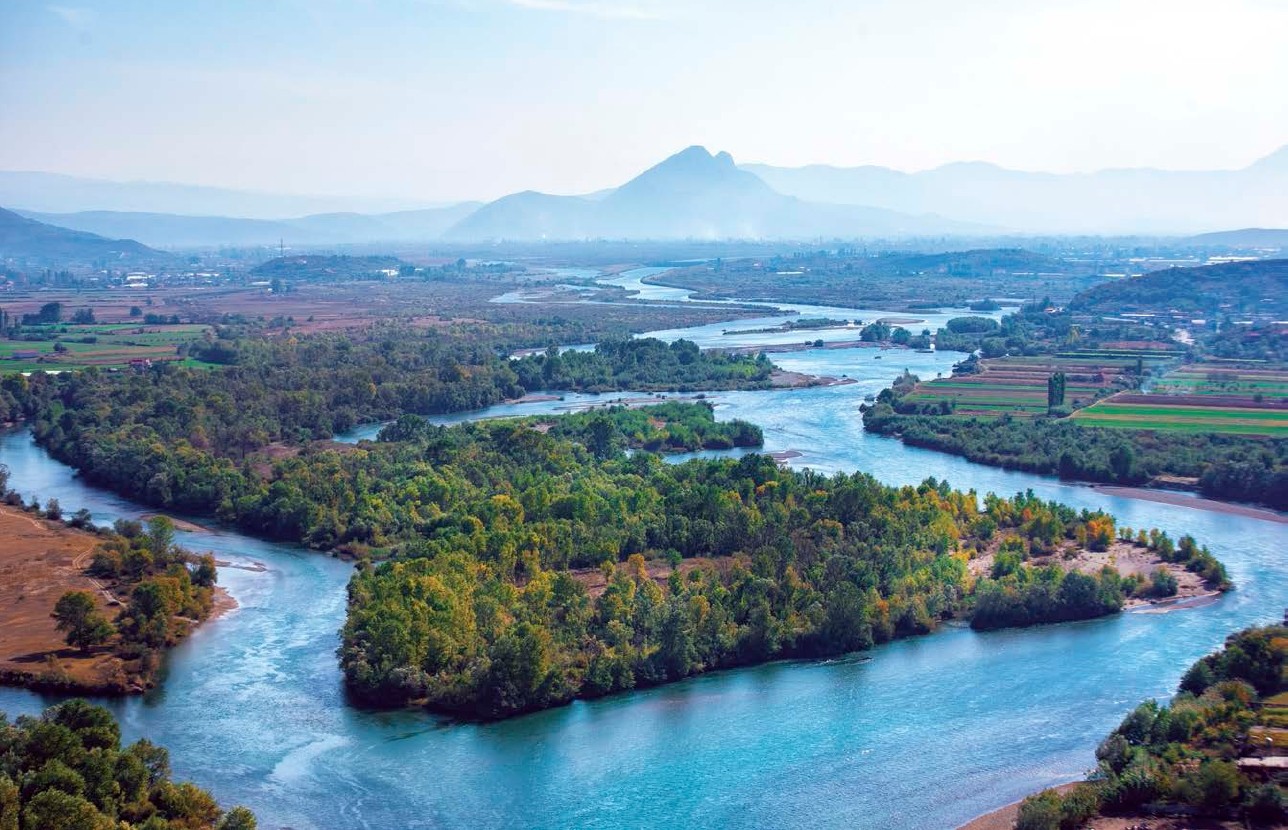
The Buna River, also known as the Bojana, flows through the Albanian countryside.
Albania may be small, but its history and geography place it in many of the biggest stories of the past. Until the 20th century, it had never had a national government of its own, having been dominated by a series of empiresRoman, Greek, Byzantine, and Ottoman. Through all of these subjugations, including the most recent under communism, the Albanian people maintained their identity, both within and beyond the countrys borders.
The Balkan region is a part of the world where East meets West where the religions and cultures of Europe collide with those of Western Asia and the former Ottoman Empire. Christianity meets Islam, and within Christianity itself, the Roman Catholic Church encounters the Eastern Orthodox faith. This is evident in Albania, where a little more than half the people are Muslim and just less than one fifth are Christianand those Christians are divided between Roman Catholics and Eastern Orthodox. However, for all Albanians, religion is as much a matter of culture and identity as it is of faith. This is because they were banned from practicing any religion at all for half a century under the communist government. Today, Albanians are finding their way back to the lost customs of their ancestors, while at the same time catching up with modernity and building a cohesive identity as a people and a nation.
When longtime Albanian dictator Enver Hoxha (enn-VEHR HAW-dja) died in 1985, he left behind a power vacuum. Although he had chosen a successor, the new governments iron fist was simply not strong enough to hold back inevitable change. Albanians wanted to transform their country into a democratic nation. That couldnt happen overnight, though, and in any event, the politicians didnt quite know how to bring this change about. Therefore, as often happens in times of political instability, heavily muscled organized crime and its loyal companion, corruption, came rushing into the void. They ushered in a period of predatory capitalism and fraudulent financial schemes that kept Albania impoverished, unsettled, and unsafe.
Meanwhile, next door, Marshal Tito, the communist strongman who had been holding Yugoslavia together for decades, died as well. By the start of the 1990s, in a sort of perfect storm, the worlds communist superpower, the Soviet Union, broke apart, and just like dominoes, communist regimes fell throughout the countries of Eastern Europe too. It was a heady time, but a dangerous one. Communist Yugoslavia split apart, but as it did, its constituent states became involved in an intense series of wars. Albania was struggling with its own newfound freedom, and it couldnt help but be impacted by the violence.
In the 21st century, following the turmoil of the 1990s, Albania has been working on integrating into Europe. It joined the North Atlantic Treaty Organization, or NATO, a mutual defense alliance of 29 member countries from North America and Europe, in 2009. Formed in 1949 in opposition to communism and the Soviet Union, NATO has since expanded to include several formerly communist nations, including Albania.

